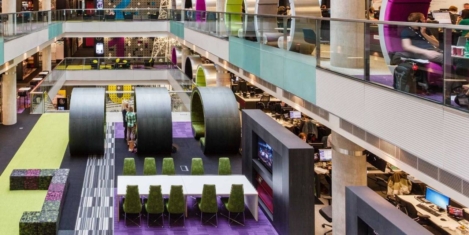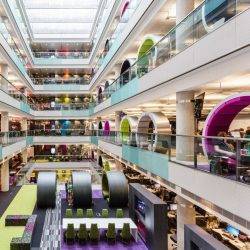October 19, 2016
Third of new parents in US feel bosses presume they’re less committed 0
 Nearly 70 percent of expectant women and new parents say their employer tops the list of considerations when deciding to start a family. The new US-based study suggests that today’s generation of parents are determined to build families without postponing or abandoning career ambitions, but find themselves faced with an unfriendly and unsupportive environment at work. The third annual report in the Modern Family Index (MFI) series, commissioned by Bright Horizons Family Solutions found that women and men are waiting longer to have children, with the data showing births are down among women in their twenties and up for women over age 35. And though virtually all women surveyed are excited to return to work after a maternity leave, more than one in three new parents report feeling that their boss presumes they are now less committed to work and would prefer if they left.
Nearly 70 percent of expectant women and new parents say their employer tops the list of considerations when deciding to start a family. The new US-based study suggests that today’s generation of parents are determined to build families without postponing or abandoning career ambitions, but find themselves faced with an unfriendly and unsupportive environment at work. The third annual report in the Modern Family Index (MFI) series, commissioned by Bright Horizons Family Solutions found that women and men are waiting longer to have children, with the data showing births are down among women in their twenties and up for women over age 35. And though virtually all women surveyed are excited to return to work after a maternity leave, more than one in three new parents report feeling that their boss presumes they are now less committed to work and would prefer if they left.





































October 19, 2016
Where are zero hours contracts and the gig economy taking us? 0
by Mike James • Comment, Flexible working
(more…)